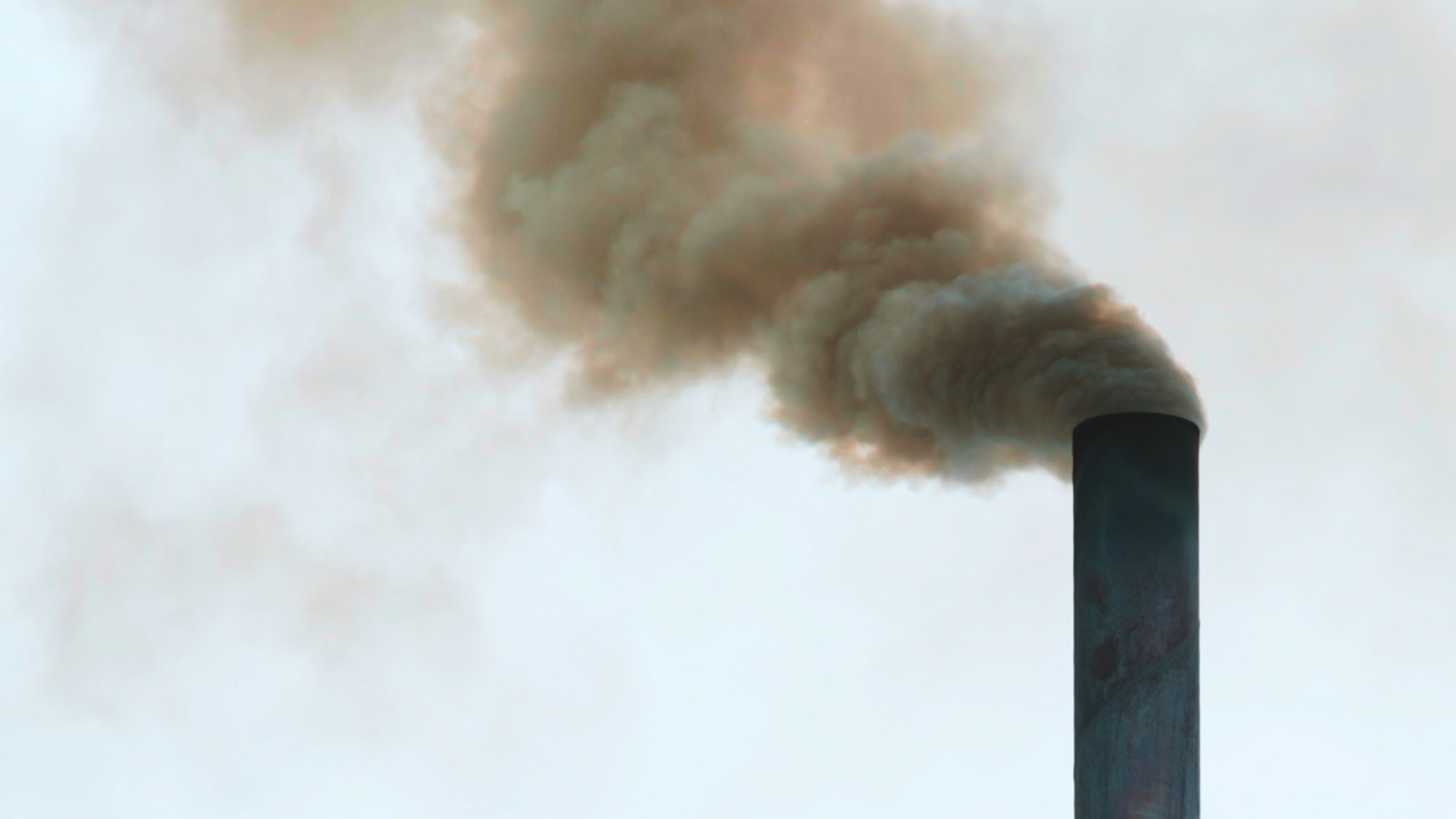Mixed waste sorting proves more cost-effective than carbon capture, new study shows

Brussels, 25 January 2024 – Sorting mixed waste before incineration is a swift and cost-effective strategy for achieving substantial reductions in greenhouse gas (GHG) emissions from waste incineration, a new study by Zero Waste Europe and Equanimator Ltd finds.
The study, entitled “Materials or Gases? How to Capture Carbon” compares two approaches — Leftover Mixed Waste Sorting (LMWS) and Carbon Capture and Storage (CCS) — as potential avenues for municipalities and incineration operators to minimise the climate burden of incinerators.
As the European Union considers the inclusion of municipal waste incineration in the EU Emissions Trading Scheme (EU ETS), the study advocates for municipalities and incinerator operators to cost-effectively diminish their greenhouse gas emissions.
The study highlights that while incineration with CCS may achieve higher levels of reduction, the associated costs are significantly higher, and somewhat unaffordable. Conversely, LMWS offers a rapid and cost-effective approach to achieving a significant reduction in greenhouse gases from incineration, while avoiding further lock-in thanks to cheaper, and operationally flexible infrastructure.
Dominic Hogg, Director of Equanimator, states:
“The findings of this study reveal that the sorting system stands out as the most cost-effective method for achieving system-wide reductions in CO2 emissions. Conversely, carbon capture and storage emerged as the least cost-effective means. The synergy of both approaches, however, demonstrates the potential for the greatest overall reduction in carbon dioxide emissions, cutting the average cost of reduction by approximately half compared to relying on CCS alone. Policymakers and waste managers must prioritise a holistic perspective, ensuring that a narrow focus on incineration emissions does not impede implementation of sorting systems, particularly at operational facilities in the future.”
Janek Vahk, Zero Pollution Policy Manager at Zero Waste Europe states:
“The key point is that the implementation of mixed waste sorting will be a ‘low-regret’ solution. This approach not only aids Member States in achieving their recycling and climate targets but also plays a crucial role in reducing incineration capacity in those Member States where excessive capacity currently exists. In fact, capturing fossil-based materials with high calorific value, such as plastics and artificial textiles, before incineration, would create space to handle more residual waste within the same capacity. This, in turn, supports decommissioning plans that are already necessary due to the evident overcapacity in Europe.”
Earlier this month, twenty-three environmental NGOs including Zero Waste Europe signed this position paper arguing against the mandatory implementation of CCS in waste incinerators, citing increasing recycling rates, overcapacity of incinerators, and mixed waste sorting’s superiority.
In light of the findings, Zero Waste Europe recommends the EU take a step-by-step approach, using LMWS extensively and promptly, followed by the targeted application of CCS only in facilities expected to be necessary in the future.
ENDS
Notes to the editor
- Link to the study: https://zerowasteeurope.eu/library/materials-or-gases-how-to-capture-carbon/
- Disclaimer – ZWE’s vision and strategy for managing Leftover Mixed Waste (often referred to as “residual waste”) aim for sustainable, cost-effective, and operationally flexible approaches. However, numerous incinerators still operate in Europe, posing challenges to the EU Circular Economy agenda and hindering progress towards decarbonisation. To address this, incinerators not included in current or upcoming decommissioning plans should be equipped with systems to consistently reduce their climate footprint.
- “Joint position paper on mandatory implementation of CCS in municipal waste incinerators”: https://zerowasteeurope.eu/library/join-position-paper-mandatory-implementation-of-ccs-in-municipal-waste-incinerators/
- “CCS for incinerators? An expensive distraction to a circular economy”: https://zerowasteeurope.eu/library/ccs-for-incinerators-an-expensive-distraction-to-a-circular-economy/
- “Building a bridge strategy for residual waste. Material Recovery and Biological Treatment to manage residual waste within a circular economy”: https://zerowasteeurope.eu/library/building-a-bridge-strategy-for-residual-waste/
- “Enough is enough: The case for a moratorium on incineration”: https://zerowasteeurope.eu/library/enough-is-enough-the-case-for-a-moratorium-on-incineration/
Press contacts
Sean Flynn, Media Outreach & Communications Officer at Zero Waste Europe, [email protected] or [email protected] / +32 471 96 55 93
Janek Vahk, Zero Pollution Policy Manager, [email protected]
About Zero Waste Europe
Zero Waste Europe is a European network of communities, local leaders, experts, and change agents working towards the elimination of waste in our society. Advocating for sustainable systems and the redesign of mankind’s relationship with resources, they accelerate a just transition towards zero waste for the benefit of people and the planet. www.zerowasteeurope.eu